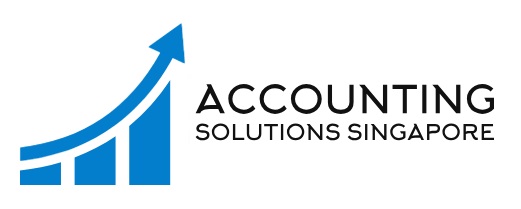Managing tax computation for maximum tax deductions
Come a financial year-end and the general expression common to tax accountants across the company is, “We need to prepare tax computation for submission to IRAS by 30 November”.
More so is for those Small and Medium Enterprises (SMEs) which have just started or have kept their business on a meagre scale that having a fully equipped Tax Department antagonises the budget.
The complexity of the tax filing procedures involved in preparation of tax computations, supporting tax schedules and filling the Form C or Form C-S.
These require the preparer to understand Singapore Income Tax Act.
So, to make this uphill task a lot easier, many businesses in Singapore have outsourced to a tax professional firm to take charge of the annual tax returns preparation.
But before that, first, let’s discuss the different technical facets of preparation of an income tax computation for companies in Singapore.
1. What is a Tax Computation?
In layman’s terms, this is a process by which tax adjustments are done on the net monetary inflows and outflows of a firm in a given fiscal year.
The estimated income for the fiscal year, which is submitted to IRAS three months after financial year-end is called Estimated Chargeable Income (ECI).
2. What constitutes the financial year?
The income of a company, whether trade or non-trade, is assessed to tax on a preceding financial year basis which is called the Year of Assessment (YA).
For example: If your financial year-end is 31 December 2018, the basis period for YA 2019 is 1 January 2018 to 31 December 2018.
This means that for YA 2018, the company’s income from 1 January 2017 to 31 December 2017 will be assessed to tax.
The final tax computation for YA 2017 (for Dec year-end), prepared by a Tax Specialist, is due for submission by 30 November 2017 (11 months after the close of financial year-end).
3. What if the accounting year is more than twelve (12) months?
In cases when your company’s first set of accounts covers a period of more than twelve months, the profit or loss must be apportioned and attributed to two (2) Year of Assessments because, in any case, a financial year should not more than twelve months.
4. What makes tax computation challenging?
Tax computation brings with technical tax questions (what are tax deductible, what are taxable, how much is the tax exemption, etc.), as most of the time, there is a lack of complete tax knowledge of IRAS tax rules.
The tax questions range from what to include and what not to, how to save more tax, how much to declare and not contribute to under-declaration, and how to avail tax exemption schemes to the fullest.
Altogether these things make tax computation a tedious and challenging task for most business owners in Singapore.
5. Who can provide tax advice?
Like already stated, business bigwigs get these things done easily, thanks to the large workforce and resource pool they have.
But for the SMEs, getting your tax computation outsourced is the most viable option, given the limited resources and scale of operation. SMEs in Singapore can easily get tax computation services from various accounting outsourcing firms.
Should you need assistance or would like to find out more about tax services in Singapore, please send an email to Contact@AccountingSolutionsSingapore.com, and our business advisor will contact you.
